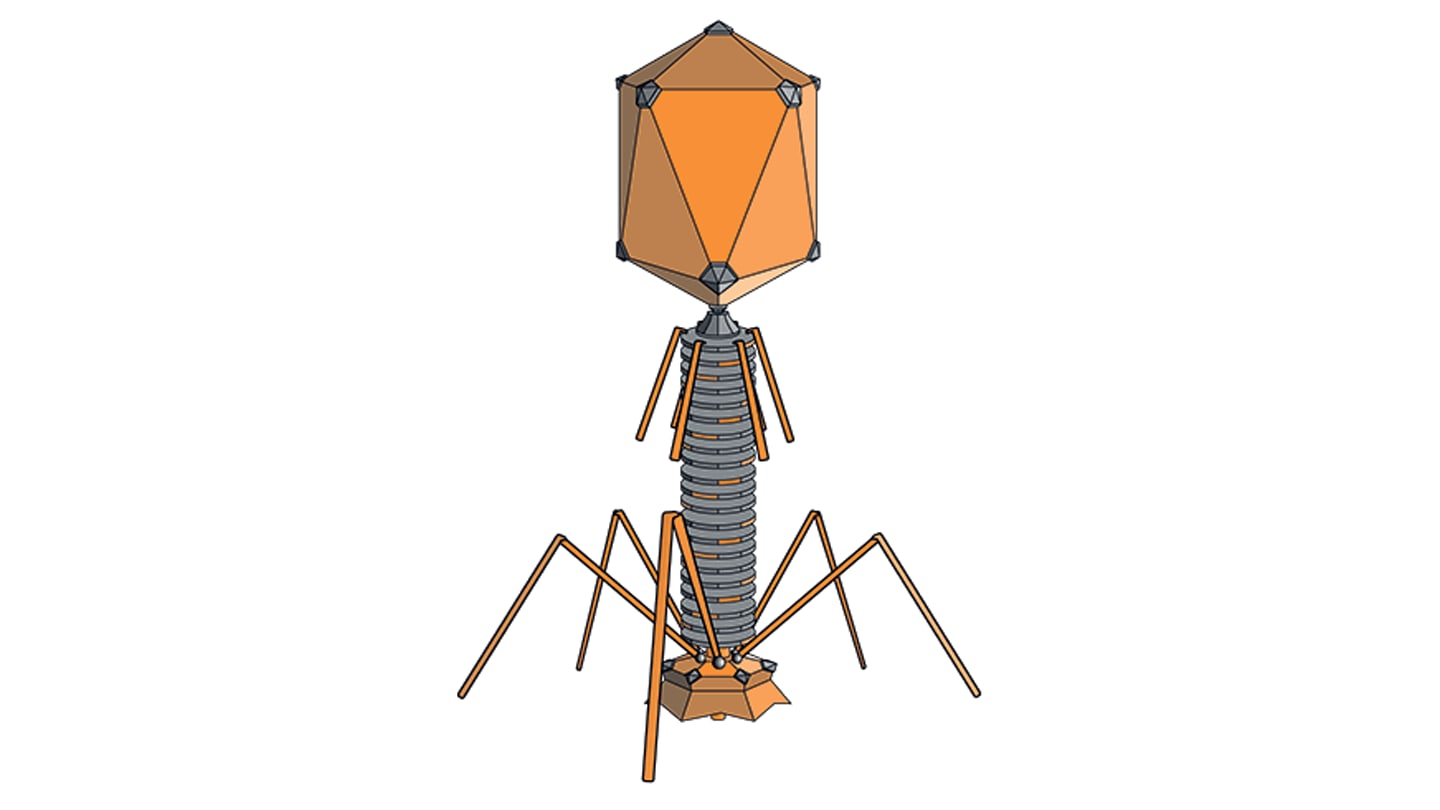For my undergraduate and PhD studies, I focused on immunology, studying CD4+ T cell and antibody responses against different pathogens. After that, I worked at Pfizer, where I investigated the immunogenicity of therapeutic protein products. My background experience was a good fit with GenScript and I love being in research and working with different molecules – and so I joined in 2015. Today, I’m in charge of Biologics Discovery, which covers antibody drug discovery, in vitro pharmacology, and antibody research. We use various technologies to generate and optimize antibodies, and we also need to develop platforms to validate whether these antibodies are suitable for use. GenScript is both a CRO and CDMO, so constant innovation to ensure we are offering our customers the best technologies is important to us. We certainly push forward via internal R&D efforts, but we also constantly evaluate external innovation – everything from transgenic animals to antibody libraries to new instrumentation.
Many of our customers are developing COVID-19 therapies. We can provide the necessary tools, such as proteins, genes, reagents and assays, to help them discover and develop effective therapies and vaccines. In fact, our business has been growing during the pandemic because of our extensive experience in antibody discovery.
However, we also still have many customers working on regular antibody drug discovery projects. Some of these customers have had to temporarily close their labs, but we can help because they can rely on us for additional capacity and capabilities. Although social distancing and lockdown measures are still in place in many countries, we are fully operational in China. All of our employees have been on site since February, which means we’ve been able to minimize the impact that the COVID-19 pandemic is having on our customers.
There is a clear trend towards fully human antibodies as some believe they carry less risk for immunogenicity compared with humanized or chimeric antibodies. We ensure we offer each of these options. There are around 80 antibodies approved by the FDA and EMA, including about 30 fully human antibodies and 30 humanized antibodies.
Another trend is the growing popularity of single-domain antibodies (sdAbs); they are easy to work with, have a high expression level, and are very stable and soluble. They can also be used to generate bispecific and multi-specific antibodies. We do have a symmetric bispecific single-domain antibody fused to monoclonal antibody (SMAB) platform that is natural and less immunogenic. In some diseases, we are learning that targeting a single epitope is not good enough. Therefore, drug developers are increasingly focusing on combination approaches and multi-specific therapeutics. One thing’s for sure, keeping up with current trends is crucial for us to understand and anticipate customers’ needs.
Simple: we discuss the customer’s needs and then recommend the best platform for them, which works well because we have ensured that we have a multitude of cutting-edge technologies that can suit different requirements. We offer our well-established Hybridoma Generation for Therapeutic Antibody Discovery Service, as well as naïve and synthetic libraries. We have libraries for both human and animal antibodies, including single-domain antibodies for llama or alpaca. For clients with urgent projects, we also offer ProSpeed single B cell technology (SBCT), which can shorten the turnaround time by three to six months compared with the hybridoma or library approach. Some clients also like to use a combination of different approaches.
The modality of future medicine will be more diverse. There will be not only monoclonal and multispecific antibody drugs, but also antibody-drug conjugates, cell therapies, gene therapies, and more – the industry must explore all approaches to tackle the biggest health issues, such as cancer. GenScript ProBio accelerates drug discovery and development through the cutting edge innovative platforms. We also have new molecular entities (NMEs) drug pipeline to expedite the discovery research to our customers. Our goal is to help our customers bring new therapeutics to market by being part of their antibody discovery processes. We constantly innovate to identify the best platforms and approaches – and we want to see these used to bring benefits to patients everywhere.





